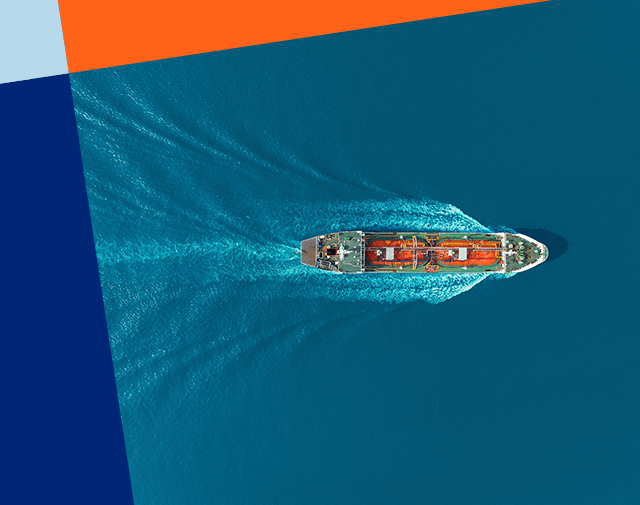
Global Sites
L = Licensee of Gulf Oil. This link will
take you to an external website (not a Gulf Oil company
website)
D = Distributor of Gulf Oil. This link will take you to an external website (not a Gulf Oil company website)
L = Licensee of Gulf Oil. This link will
take you to an external website (not a Gulf Oil company
website)
D = Distributor of Gulf Oil. This link will take you to an external website (not a Gulf Oil company website)
- Asia Pacific
- Australia (L)
- China
- India
- Japan (L)
- Kazakhstan (L)
- Nepal (L)
- New Zealand (L)
- Philippines
- Thailand
- Indonesia
- Bangladesh
- Malaysia
- Vietnam
L = Licensee of Gulf Oil. This link will
take you to an external website (not a Gulf Oil company
website)
D = Distributor of Gulf Oil. This link will take you to an external website (not a Gulf Oil company website)
- Belgium (L)
- Denmark (L)
- Estonia (L)
- Europe
- Georgia (L)
- Greece (L)
- Hungary (L)
- Macedonia (L)
- Netherlands (L)
- Norway (L)
- Poland
- Poland Fuels (L)
- UK Fuels (L)
- Italy
- France (D)
L = Licensee of Gulf Oil. This link will
take you to an external website (not a Gulf Oil company
website)
D = Distributor of Gulf Oil. This link will take you to an external website (not a Gulf Oil company website)
L = Licensee of Gulf Oil. This link will
take you to an external website (not a Gulf Oil company
website)
D = Distributor of Gulf Oil. This link will take you to an external website (not a Gulf Oil company website)
L = Licensee of Gulf Oil. This link will
take you to an external website (not a Gulf Oil company
website)
D = Distributor of Gulf Oil. This link will take you to an external website (not a Gulf Oil company website)
L = Licensee of Gulf Oil. This link will
take you to an external website (not a Gulf Oil company
website)
D = Distributor of Gulf Oil. This link will take you to an external website (not a Gulf Oil company website)
L = Licensee of Gulf Oil. This link will
take you to an external website (not a Gulf Oil company
website)
D = Distributor of Gulf Oil. This link will take you to an external website (not a Gulf Oil company website)
- Asia Pacific
- Australia (L)
- China
- India
- Japan (L)
- Kazakhstan (L)
- Nepal (L)
- New Zealand (L)
- Philippines
- Thailand
- Indonesia
- Bangladesh
- Malaysia
- Vietnam
L = Licensee of Gulf Oil. This link will
take you to an external website (not a Gulf Oil company
website)
D = Distributor of Gulf Oil. This link will take you to an external website (not a Gulf Oil company website)
- Belgium (L)
- Denmark (L)
- Estonia (L)
- Europe
- Georgia (L)
- Greece (L)
- Hungary (L)
- Macedonia (L)
- Netherlands (L)
- Norway (L)
- Poland
- Poland Fuels (L)
- UK Fuels (L)
- Italy
- France (D)
L = Licensee of Gulf Oil. This link will
take you to an external website (not a Gulf Oil company
website)
D = Distributor of Gulf Oil. This link will take you to an external website (not a Gulf Oil company website)
L = Licensee of Gulf Oil. This link will
take you to an external website (not a Gulf Oil company
website)
D = Distributor of Gulf Oil. This link will take you to an external website (not a Gulf Oil company website)
L = Licensee of Gulf Oil. This link will
take you to an external website (not a Gulf Oil company
website)
D = Distributor of Gulf Oil. This link will take you to an external website (not a Gulf Oil company website)





